In my heart, I felt that I wanted to bring a change. So, I happily became a Natural Leader.”
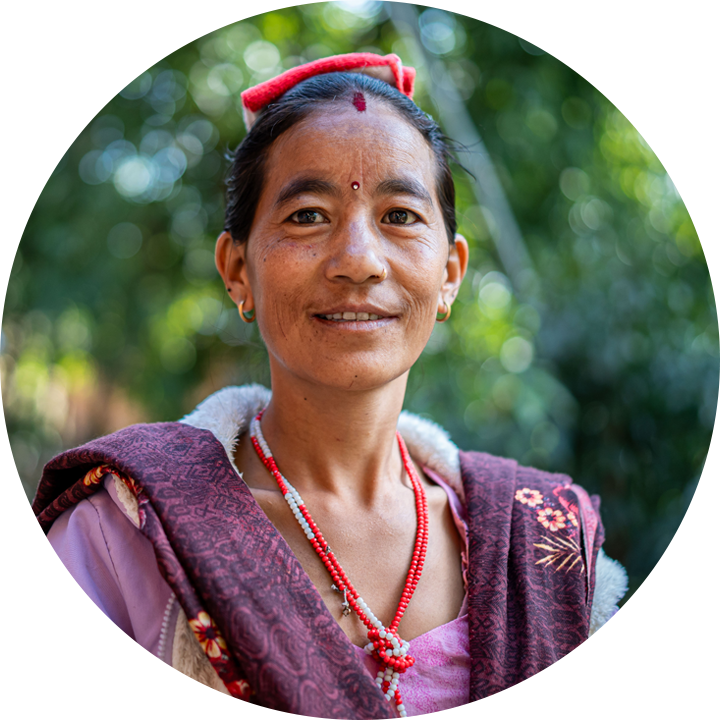
Helping their communities confront climate disasters and social norms that silence conversations around abortion and menstruation, their message is clear: This is our home. These are our lives. And we are not waiting for someone else to save us—we’re taking action here and now.
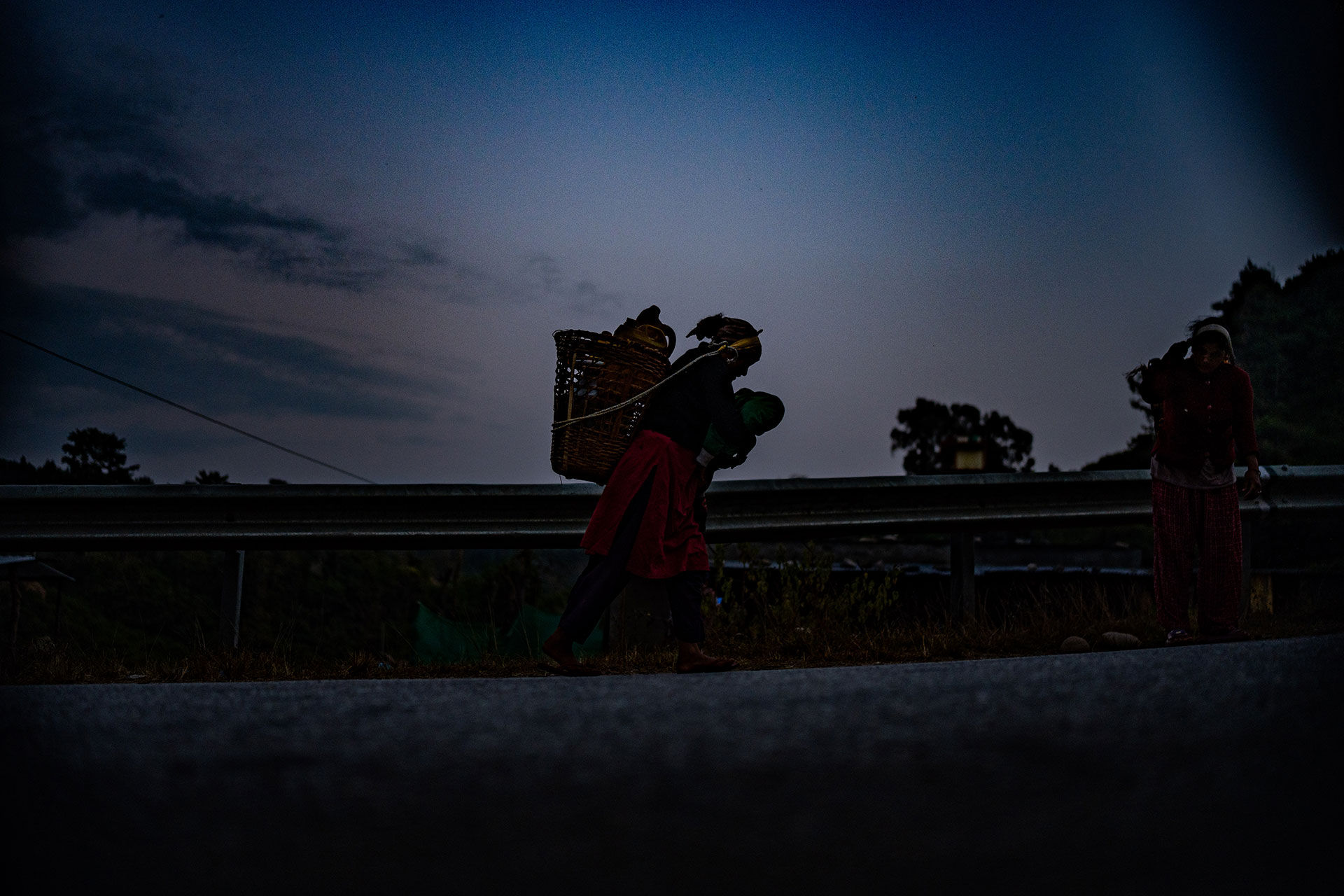
“Nothing about this has changed.” In Baryala, near Kharkhola Bridge along the Jajarkot Road in Nepal, people—mostly women and girls—have been carrying water since their childhood. This burden is driven by unequal gender roles and inadequate infrastructure.
No roads. No water. No privacy.
Nepal ranks among the world’s most climate-vulnerable countries, and its unique geography is both stunning and fragile. Climate disasters—earthquakes, flash floods, and prolonged droughts—are hitting harder and more frequently. And with every crisis, existing inequities grow.
Roads to clinics wash away. Water sources run dry. Health centers are hours away by foot. In this terrain, something as normal as getting your period or needing contraceptive services can become a dangerous struggle for women and girls.
The Natural Leaders program is transforming communities across Nepal’s Karnali Province. Click an image for details.
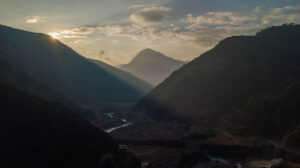
View of the Jajarkot Hills across the Bheri River from Aathbiskot Municipality, Rukum West District, Nepal
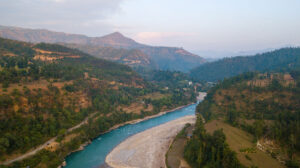
Jajarkot Road alongside Bheri River near the Bunge Khola Bridge, Jajarkot District, Nepal.
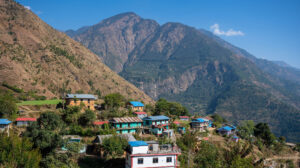
Villages of the Banfikot Rural Municipality as seen from Banfikot Rural Municipality Office, Rukum West District, Nepal.
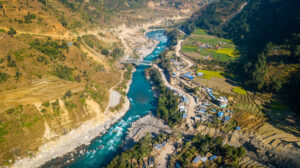
On one side of the Bheri River (screen left) is Chisapani, Aathbiskot infamous for the landslide, and on the other side (screen right) is the location of Nalgad municipality- ward 1, where 14 people died in the Jajarkot earthquake. Chisapani, Aathbiskot Municipality, Rukum West District, Nepal.
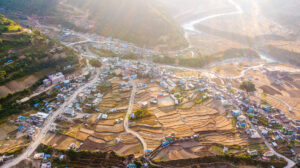
Aathbiskot Municipal Hospital (a listed service provider providing safe abortion services) and Settlement, Aathbiskot Municipality, Rukum West District, Nepal.
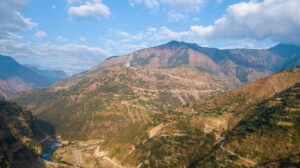
View of Aathbiskot from Aathbiskot Municipal Hospital, Aathbiskot Municipality, Rukum West District, Nepal.
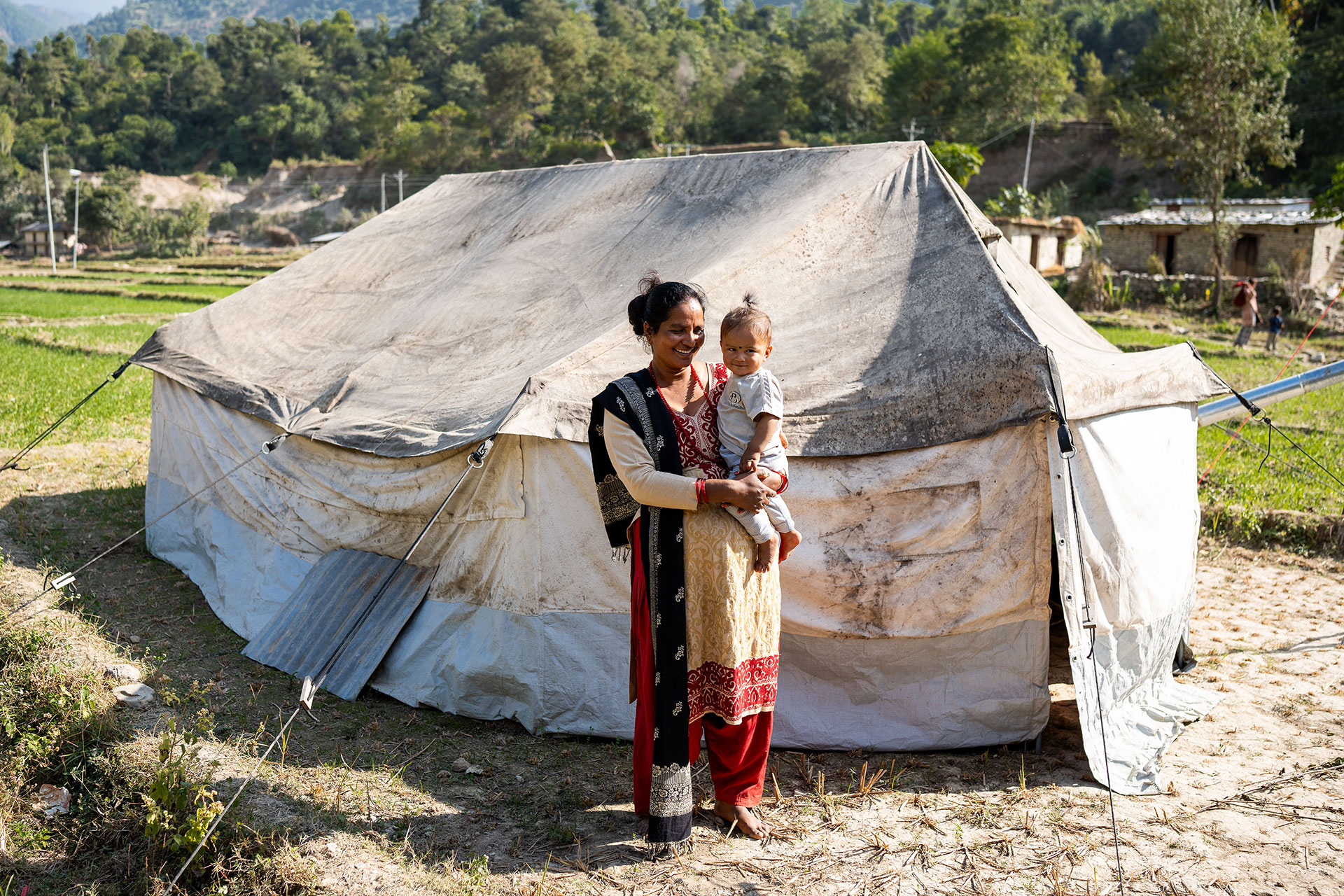
—Sunita Saha Puri, Natural Leader
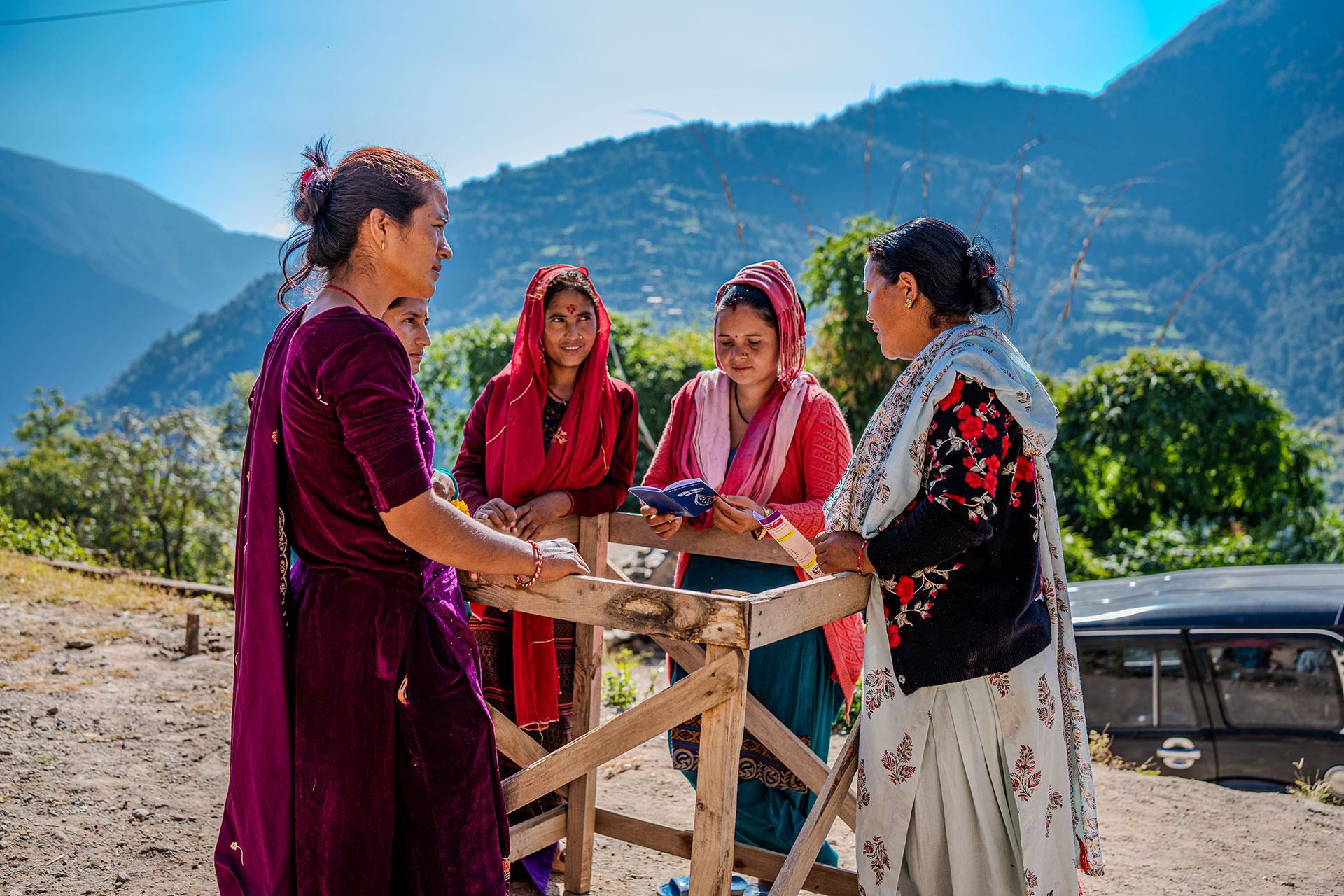
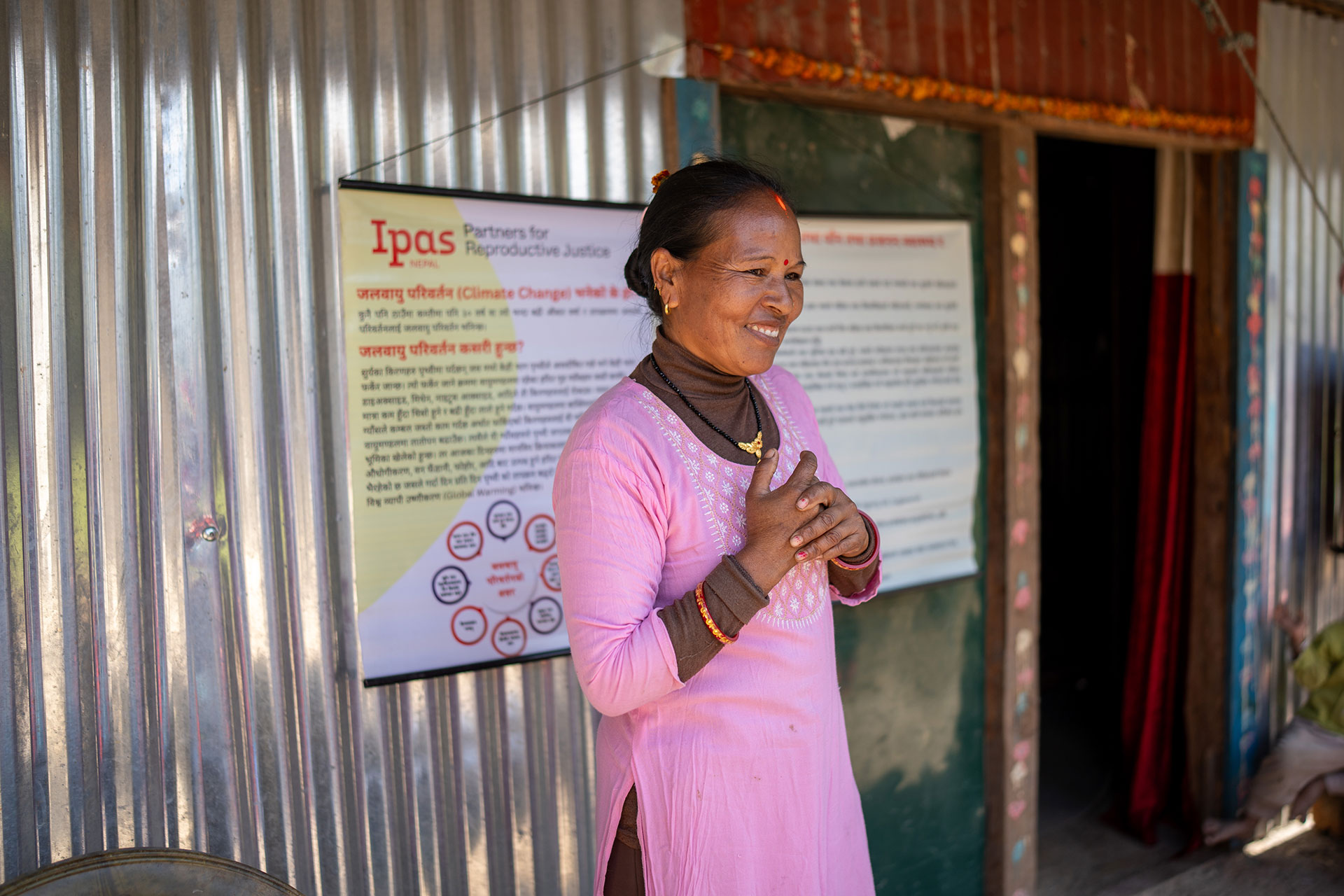
—Himali Khatri, Natural Leader
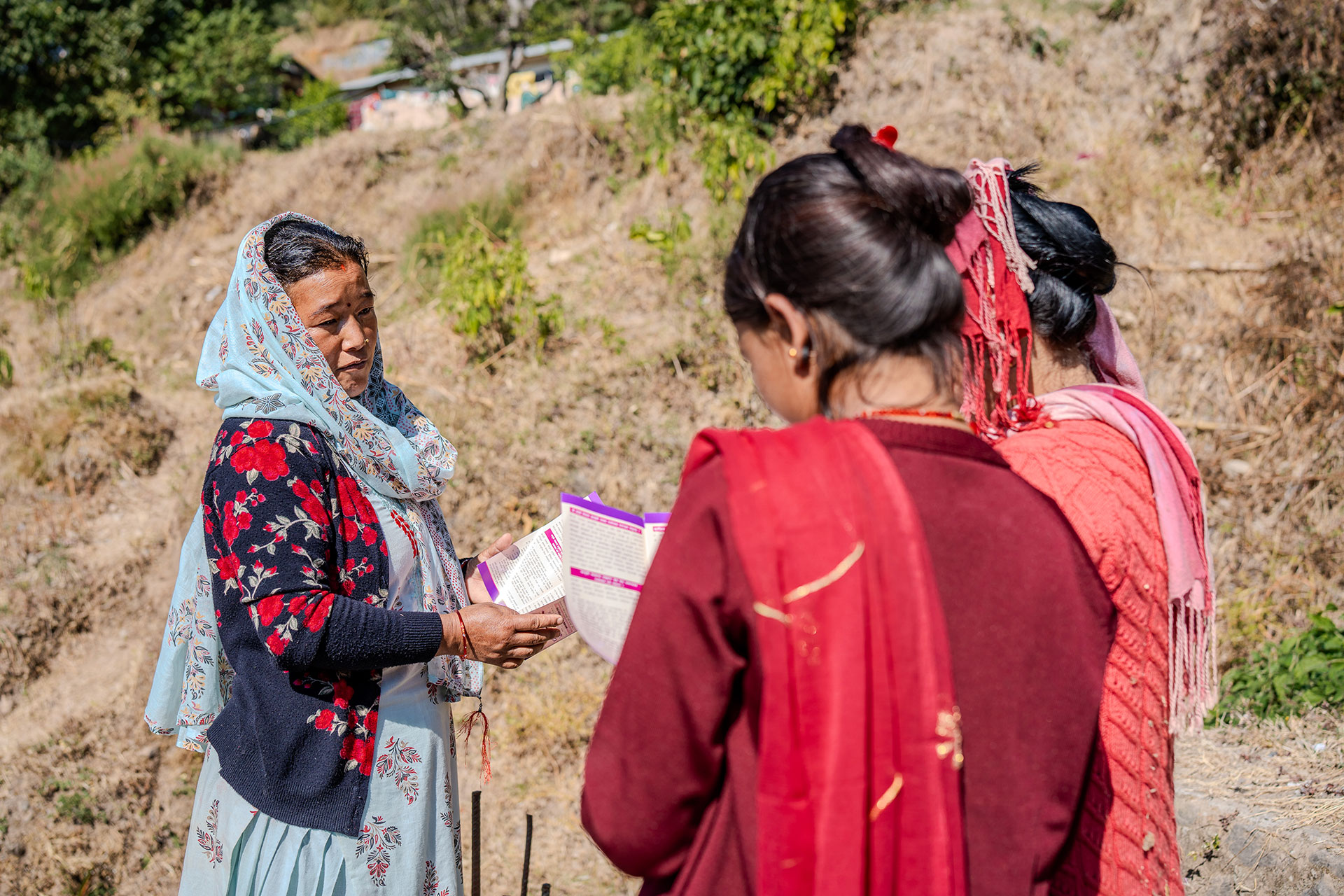
Natural Leader Himali Khatri handing informational brochures on safe abortion centers and family planning devices to community women in Banfikot Rural Municipality (Ward 6), Rukum West District, Nepal.
Local women, lasting impact
Natural Leaders aren’t outsiders, they’re local women driving change from within. With support from Ipas Nepal, they lead sessions on safe abortion, climate resilience, family planning and gender-based violence—building trust through lived experience and shifting norms in their own communities.
“We used to burn plastic waste. Now we’ve taught people to compost biodegradable waste and plant trees. Wildfires have decreased. Families are safer.”
—Sunita Saha Puri, Natural Leader
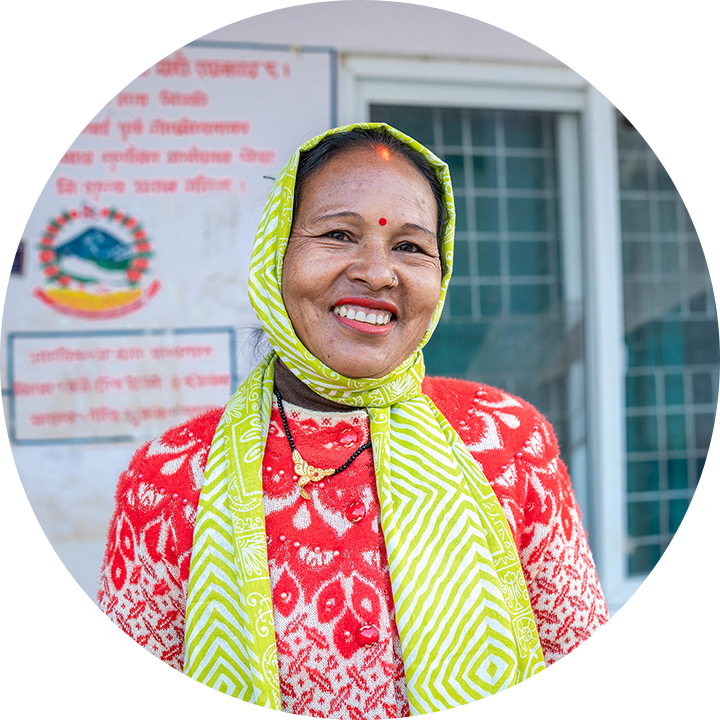
Natural Leaders are stopping child marriage, guiding people to certified health facilities, and challenging long-held taboos.
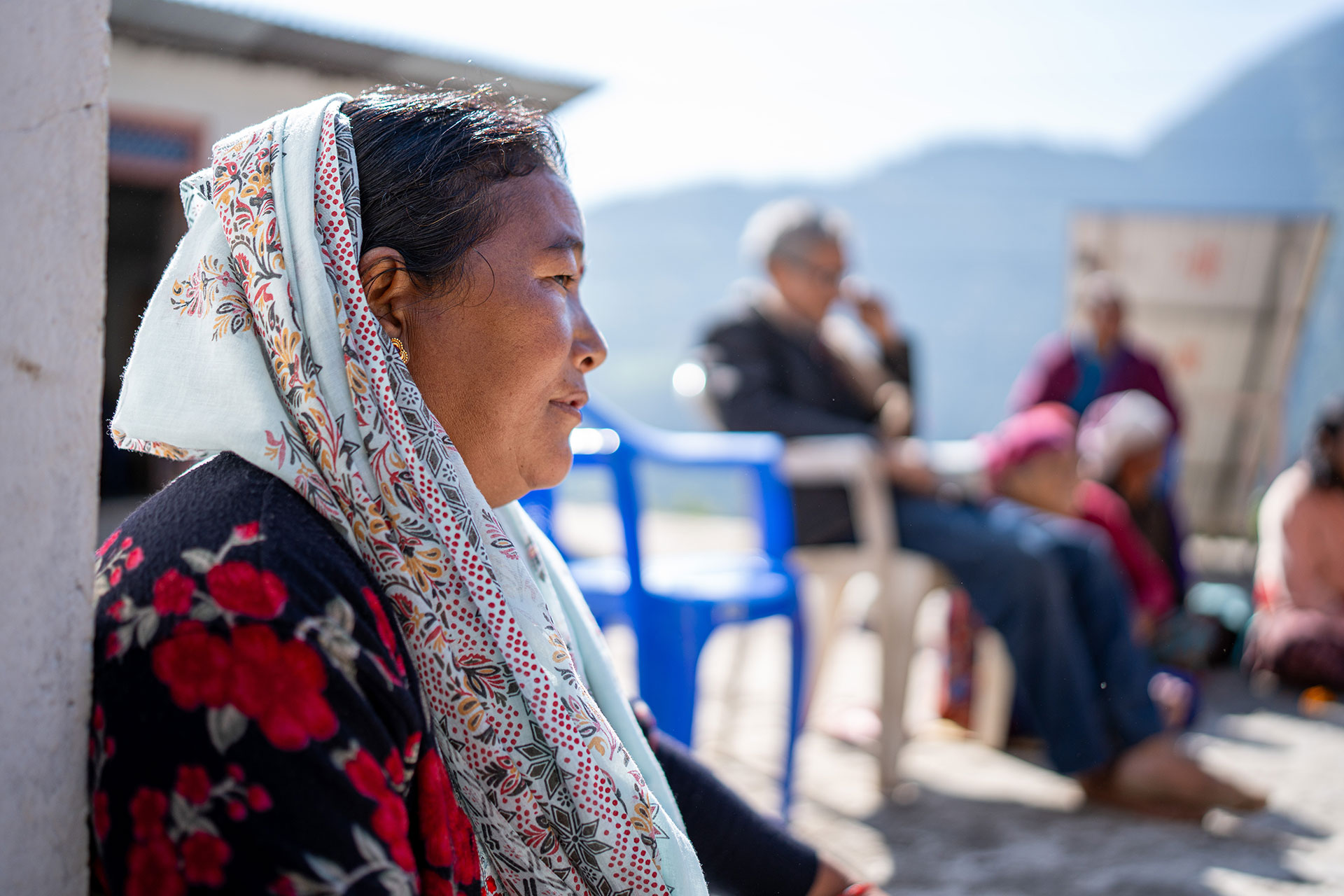
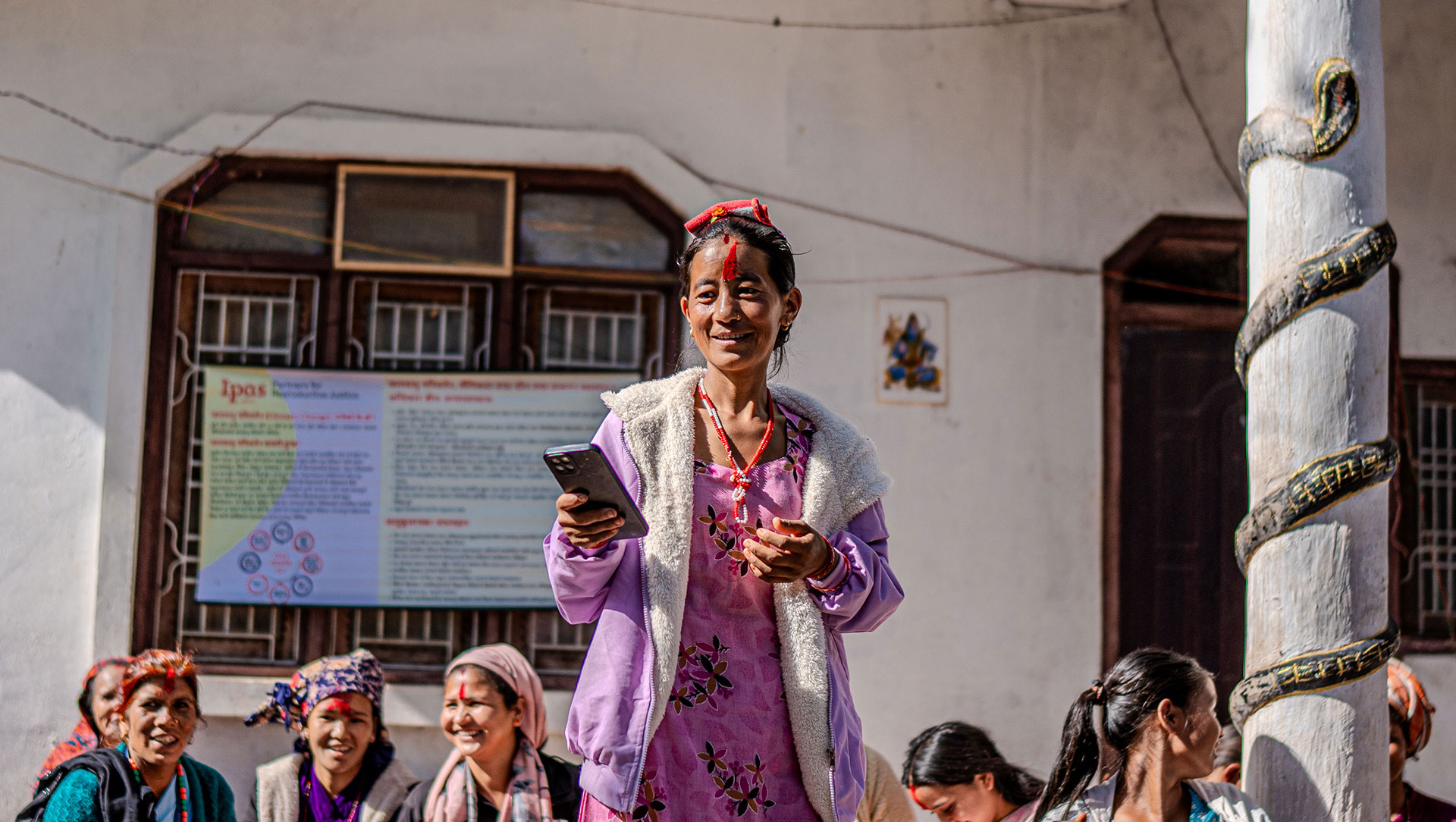
And perhaps most importantly, Natural Leaders are encouraging others to stand with them, speak out, and act.
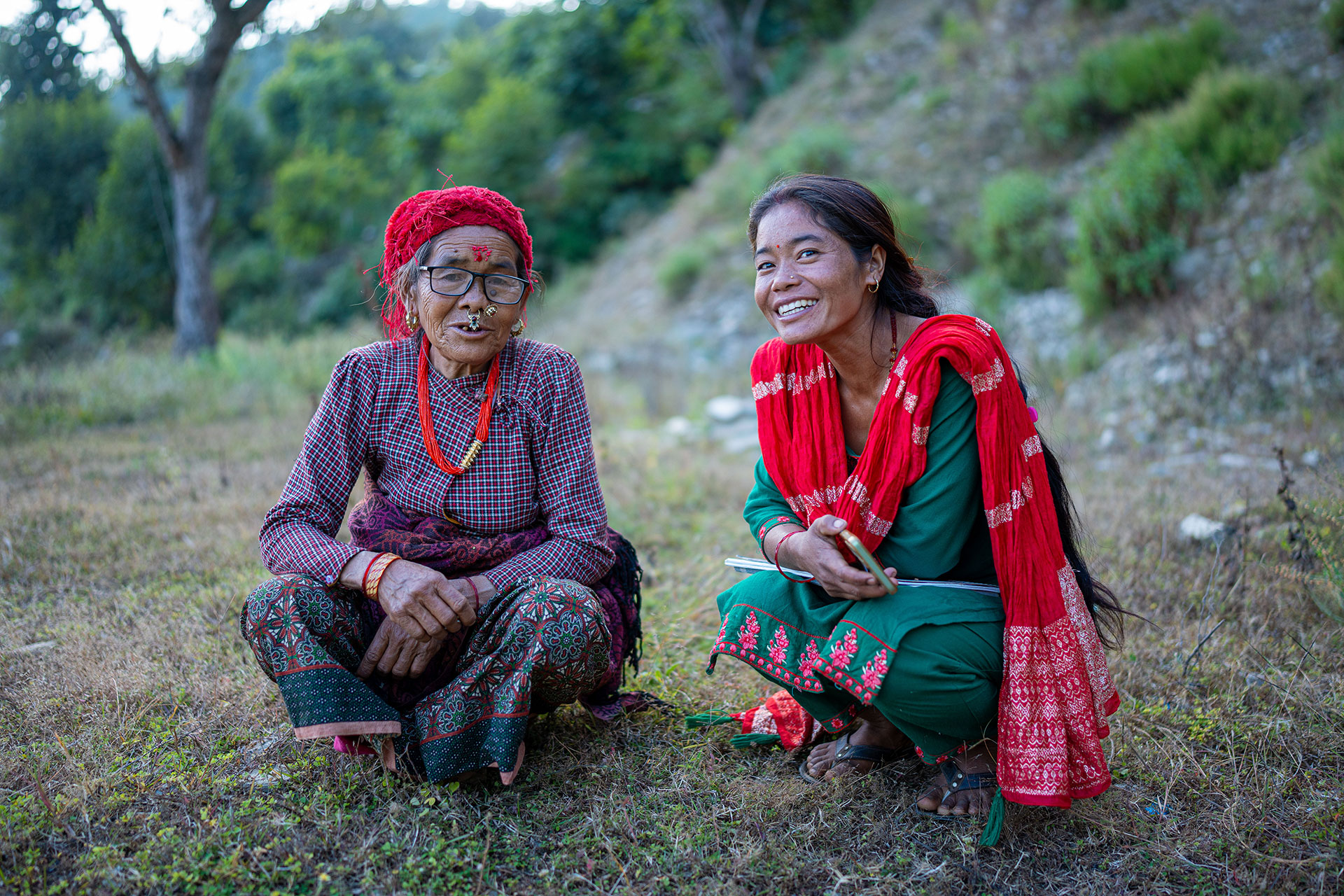
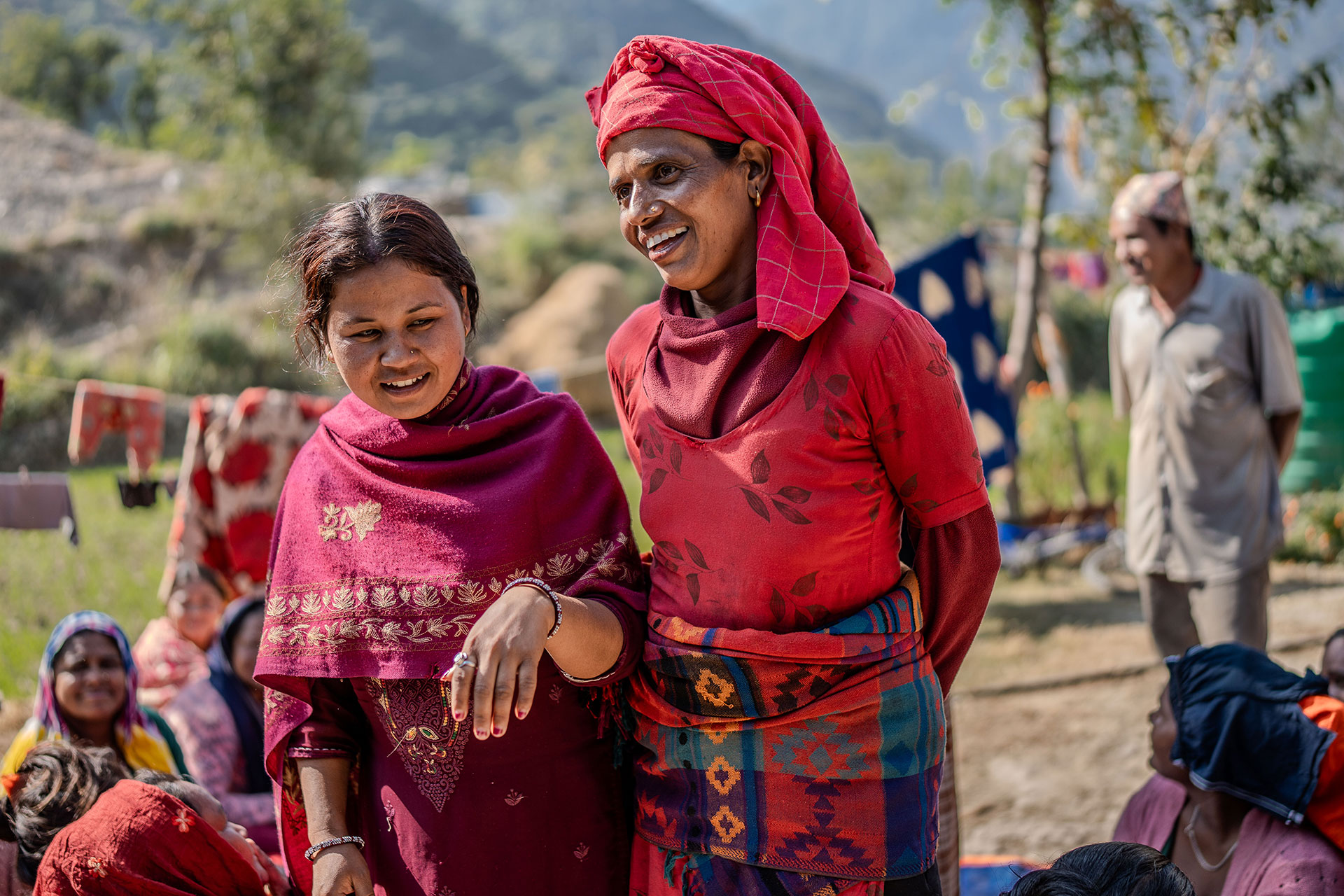
From one village to many: A model ready to expand
The Natural Leaders program is transforming communities across Nepal’s Karnali Province, where it was launched. In eight municipalities, including Aathbiskot, Chhedagad, Dalli, and Nalgad, local women are leading the charge on climate resilience and reproductive health. Backed by Ipas Nepal, these grassroots leaders are already making a measurable impact—and with additional support, the program is ready to expand, reaching more communities with solutions rooted in local strength and leadership.
- Organizing communities to prevent wildfires and reforest hillsides
- Showing girls and women how to access safe abortion and family planning
- Dismantling menstruation stigma through open, honest dialogue
- Advancing local policy discussions on gender equity and climate resilience
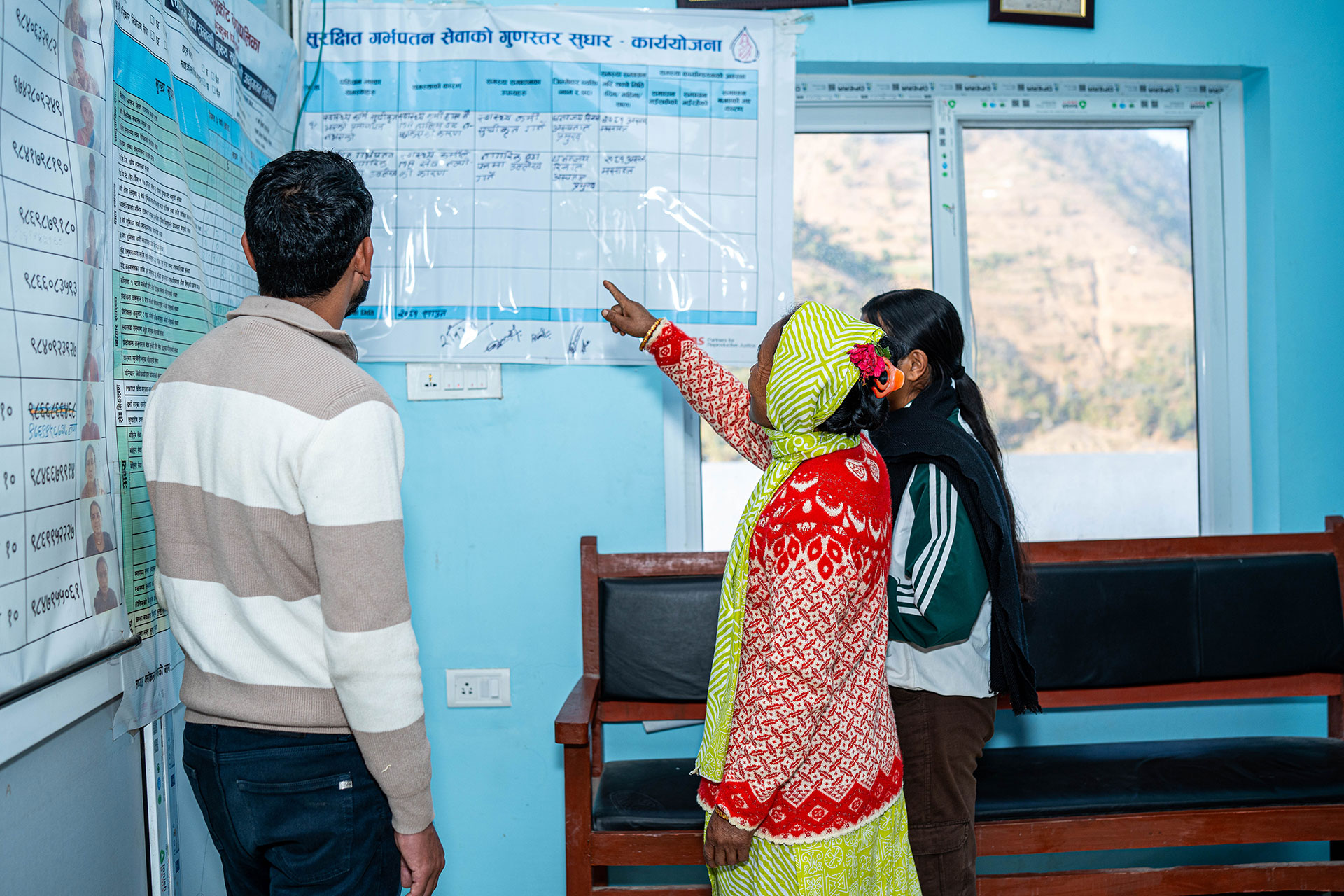
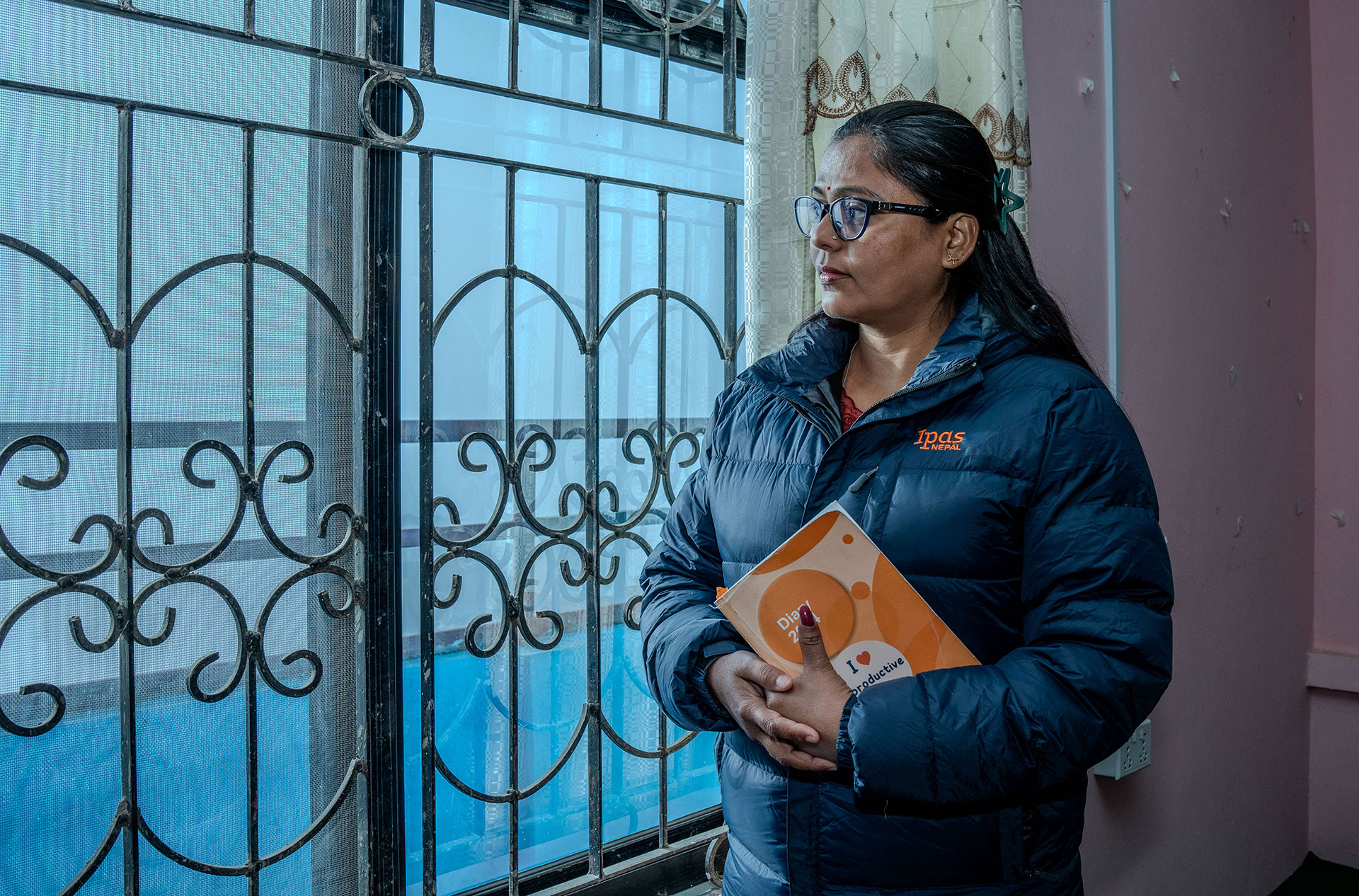
With greater investment, these grassroots solutions can grow—and bring lasting change far beyond Karnali Province.
This is what sustainable climate resilience looks like when it’s rooted in care, knowledge and community.

